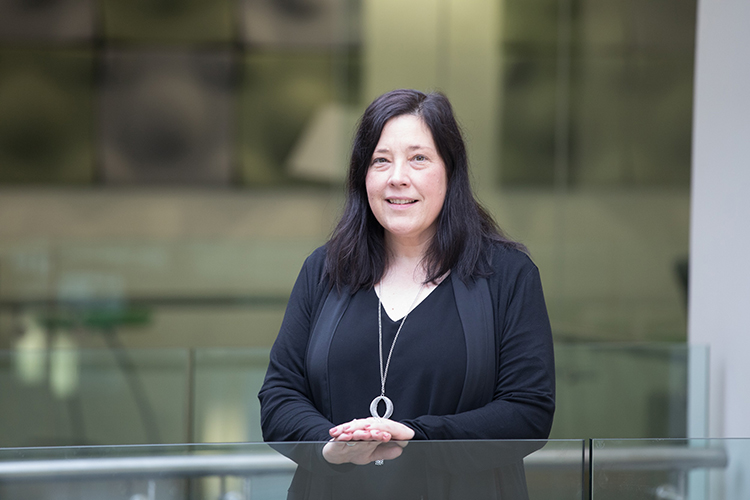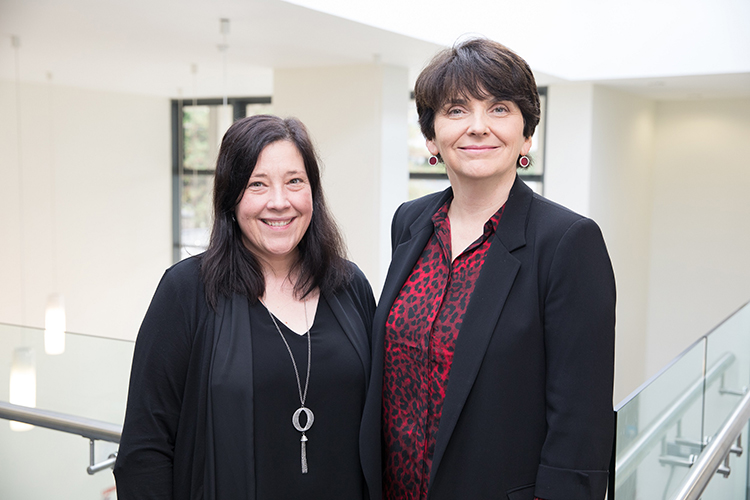Research impact award for national study on social ills of problem gambling
Posted 1 November, 2018

Associate Professor (opens in a new window)Crystal Fulton, UCD School of Information and Communication Studies, has won the UCD Research Impact Case Study Competition 2018 for her investigation into the social impact of problem gambling.
The study, ‘(opens in a new window)Playing Social Roulette: The Impact of Gambling on Individuals and Society in Ireland’, was funded by the Department of Justice and Equality and the Irish Research Council, with support from the Department of Employment Affairs and Social Protection.
Its findings were used by the Department of Justice and Equality to inform new regulations around gambling.
They also helped service providers in aiding those affected by gambling addiction in Ireland and across the European Union.
The award was presented by (opens in a new window)Professor Orla Feely, UCD Vice-President for Research, Innovation and Impact.

UCD Research Impact Case Study Competition 2018 winner Associate Professor Crystal Fulton with Professor Orla Feely, UCD Vice-President for Research, Innovation and Impact
Congratulating Professor Fulton on her award, she said: “[Professor Fulton's] research has had a significant impact on influencing Government policy on addressing the costly social issue of harmful gambling.”
The annual competition encourages researchers to consider the impact of their work and to outline and share this impact with a wider audience through a short case study.
“When I began this research, I discovered I had uncovered the tip of a very large iceberg,” said Associate Professor Fulton.
“As I spoke to addiction counsellors, recovering gamblers, and their families and friends, the wide-ranging impact of an invisible social issue became evident.”
Over 40,000 people in Ireland are known to have a gambling addiction, and the work by the UCD researcher, published in 2015, found that people with gambling problems may have begun their habit as early as nine-years-old.
By: David Kearns, Digital Journalist / Media Officer, UCD University Relatio
UCD academics on The Conversation
- Opinion: The leap year is February 29, not December 32 due to a Roman calendar quirk – and fastidious medieval monks
- Opinion: Nigeria’s ban on alcohol sold in small sachets will help tackle underage drinking
- Opinion: Nostalgia in politics - Pan-European study sheds light on how (and why) parties appeal to the past in their election campaigns






